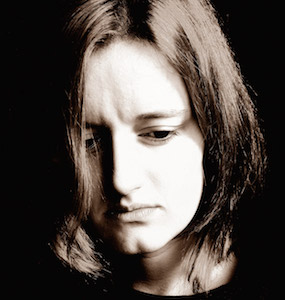 "GRIEF is reaching out for someone who's always been there, only to find when you need them the most, one last time, they're gone."
"GRIEF is reaching out for someone who's always been there, only to find when you need them the most, one last time, they're gone."
 "GRIEF is reaching out for someone who's always been there, only to find when you need them the most, one last time, they're gone."
"GRIEF is reaching out for someone who's always been there, only to find when you need them the most, one last time, they're gone."
The death of a loved one is life's most painful event. People's reactions to death remain one of society's least understood and most off-limits topics for discussion. Oftentimes, grievers are left totally alone in dealing with their pain, loneliness, and isolation.
Grief is a natural emotion that follows death. It hurts. Sadness, denial, guilt, physical discomfort, and sleeplessness are some of the symptoms of grief. It is like an open wound which must be healed. At times, it seems as if this healing will never happen. While some of life's spontaneity begins to return, it never seems to get back to the way it was. It is still incomplete. We know, however, that these feelings of being incomplete can disappear.
Healing during bereavement follows a process of allowing ourselves to feel, experience, and accept the pain. In other words, we give ourselves permission to heal. Allowing ourselves to accept these feelings is the beginning of the grief process.
The healing process can take much less time than we have been led to believe. There are two missing parts. One is a safe, loving, professionally guided atmosphere in which to express our feelings; the other is knowing how and what to communicate.
When we experience a major loss, grief is the normal and natural reaction. Everyone grieves differently, but there are common patterns people tend to share.
For example, someone mourning usually moves through a series of emotional stages, such as shock, numbness, guilt, anger and denial. Also there are typical physical responses such as sleeplessness, inability to eat or concentrate, lack of energy, and lack of interest in activities previously enjoyed. Time always plays an important role in the grief process. As the days, weeks and months go by, the person who is experiencing loss moves through emotional and physical reactions that normally lead toward acceptance, healing and getting on with life as fully as possible. Sometimes a person can become overwhelmed or bogged down in the grieving process. Serious losses are never easy to deal with, but someone who is having trouble beginning to actively re-engage in life after a few months should consider getting professional help. For example, if continual depression or physical symptoms such as loss of appetite, inability to sleep, or chronic lack of energy persists, it is probably time to see a doctor.
See the links below for additional information on grieving.
 Helping Yourself Heal
Helping Yourself Heal Dealing With Grief - Losing a Hero
Dealing With Grief - Losing a Hero  When Your Parent Dies
When Your Parent Dies Children's Corner
Children's Corner